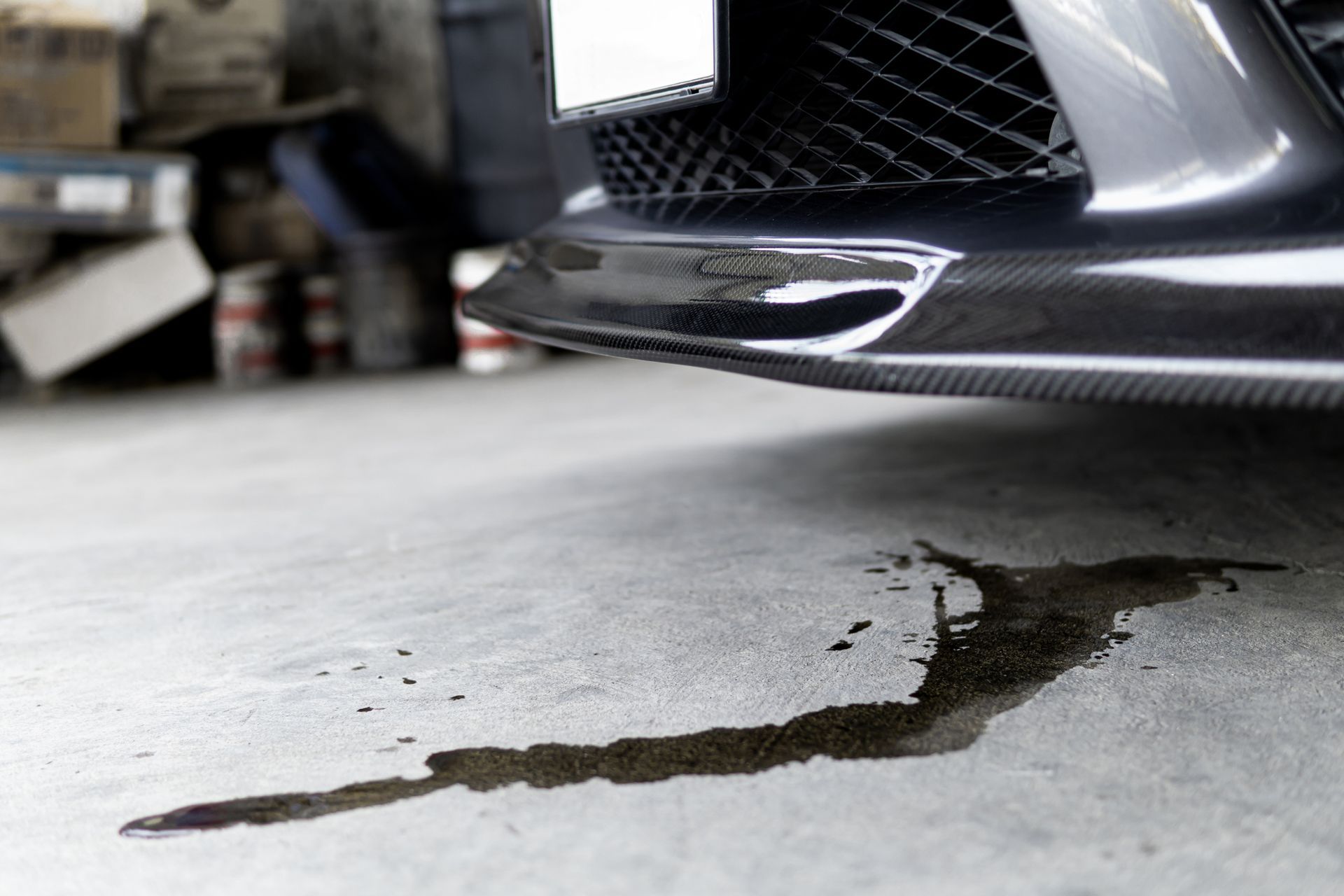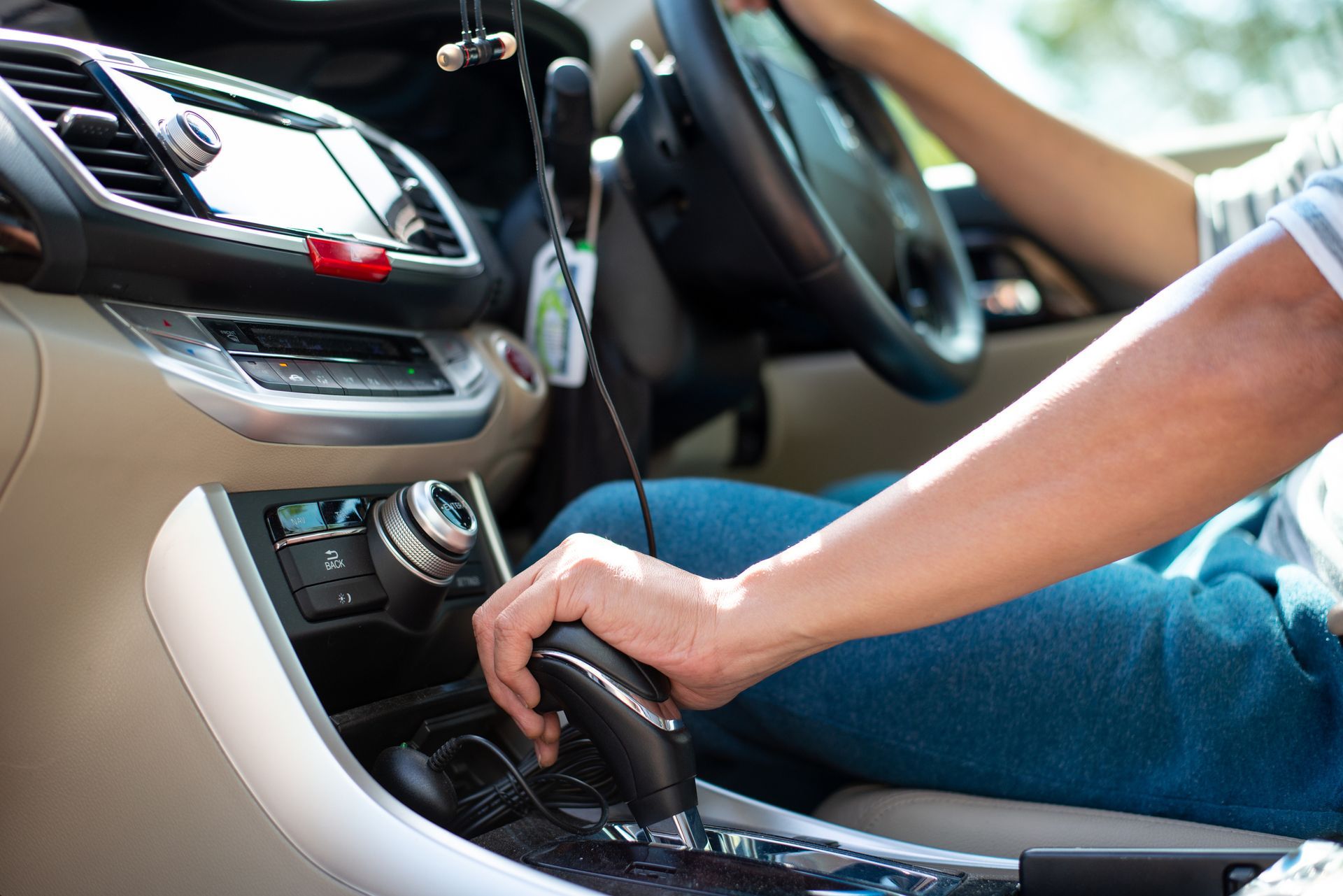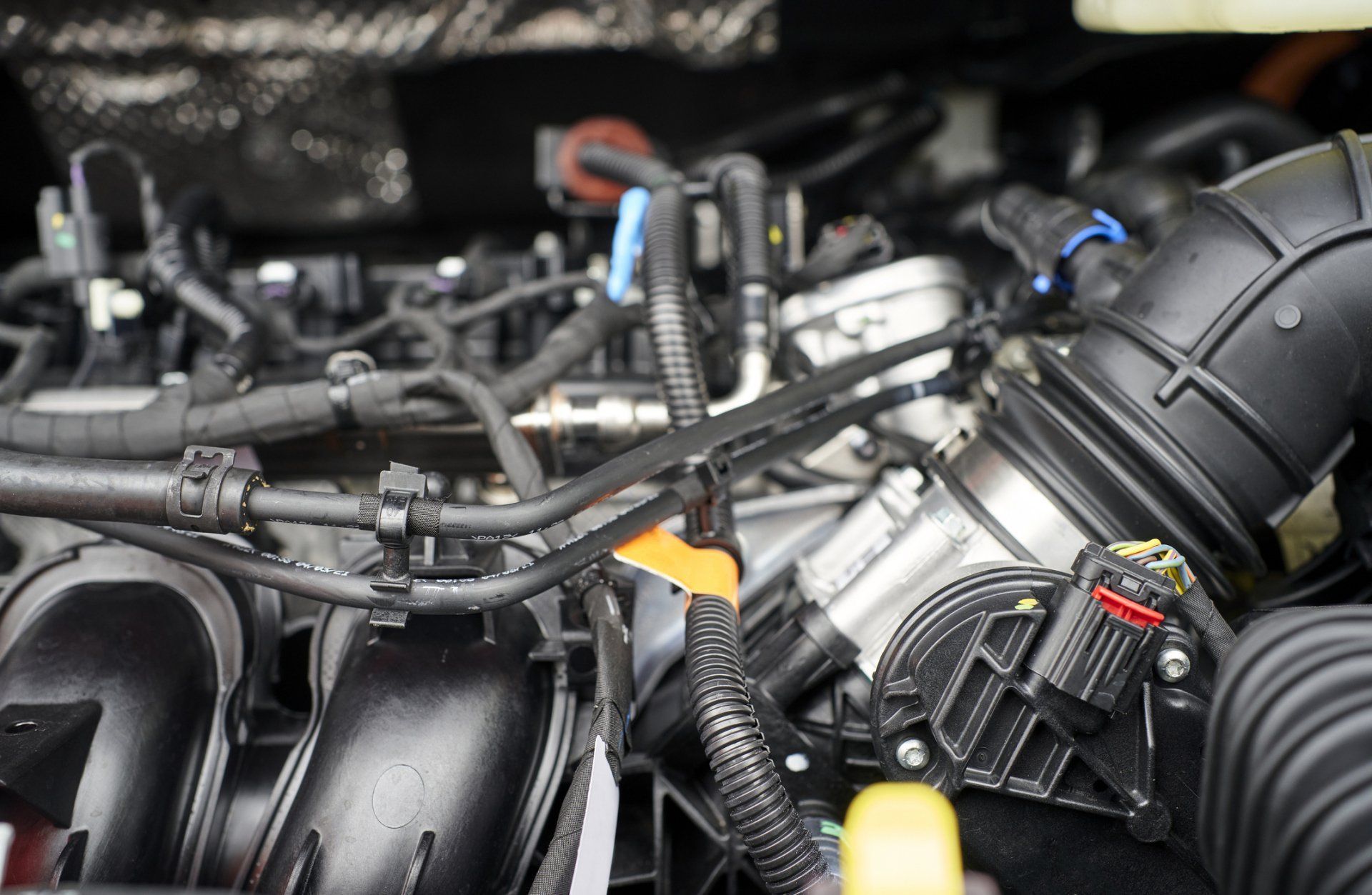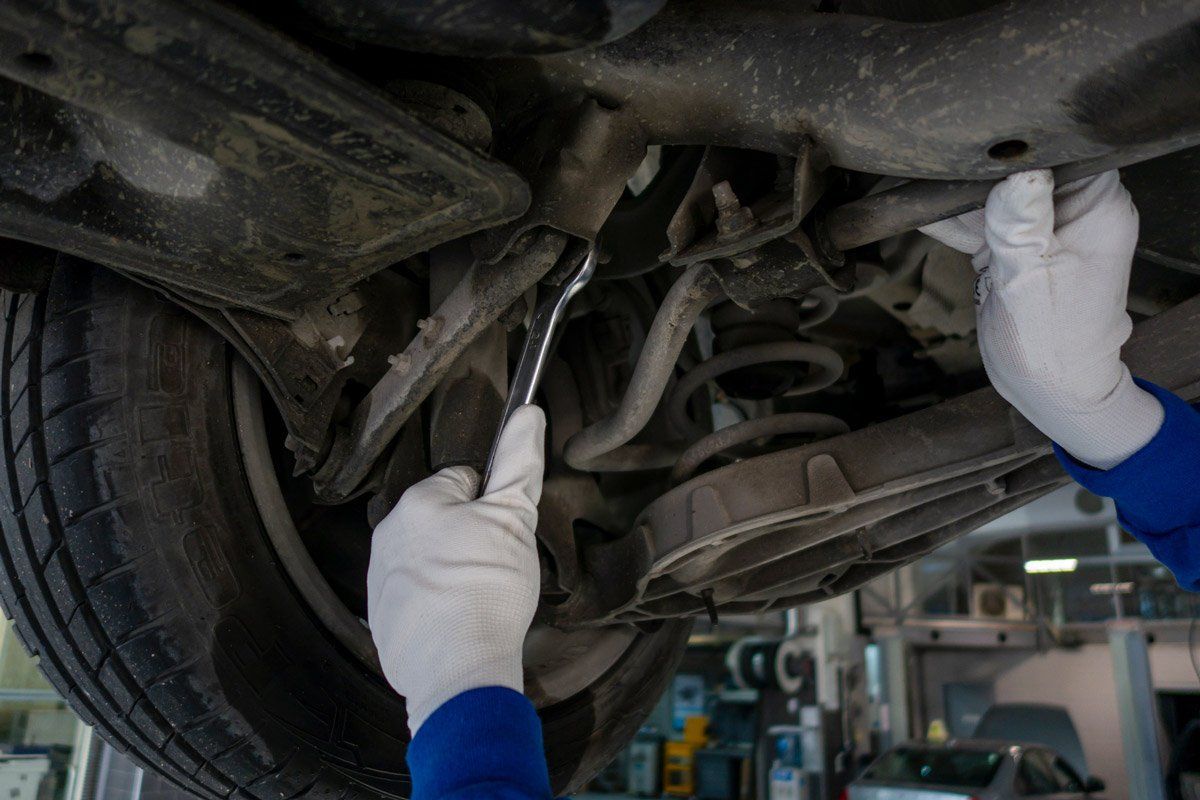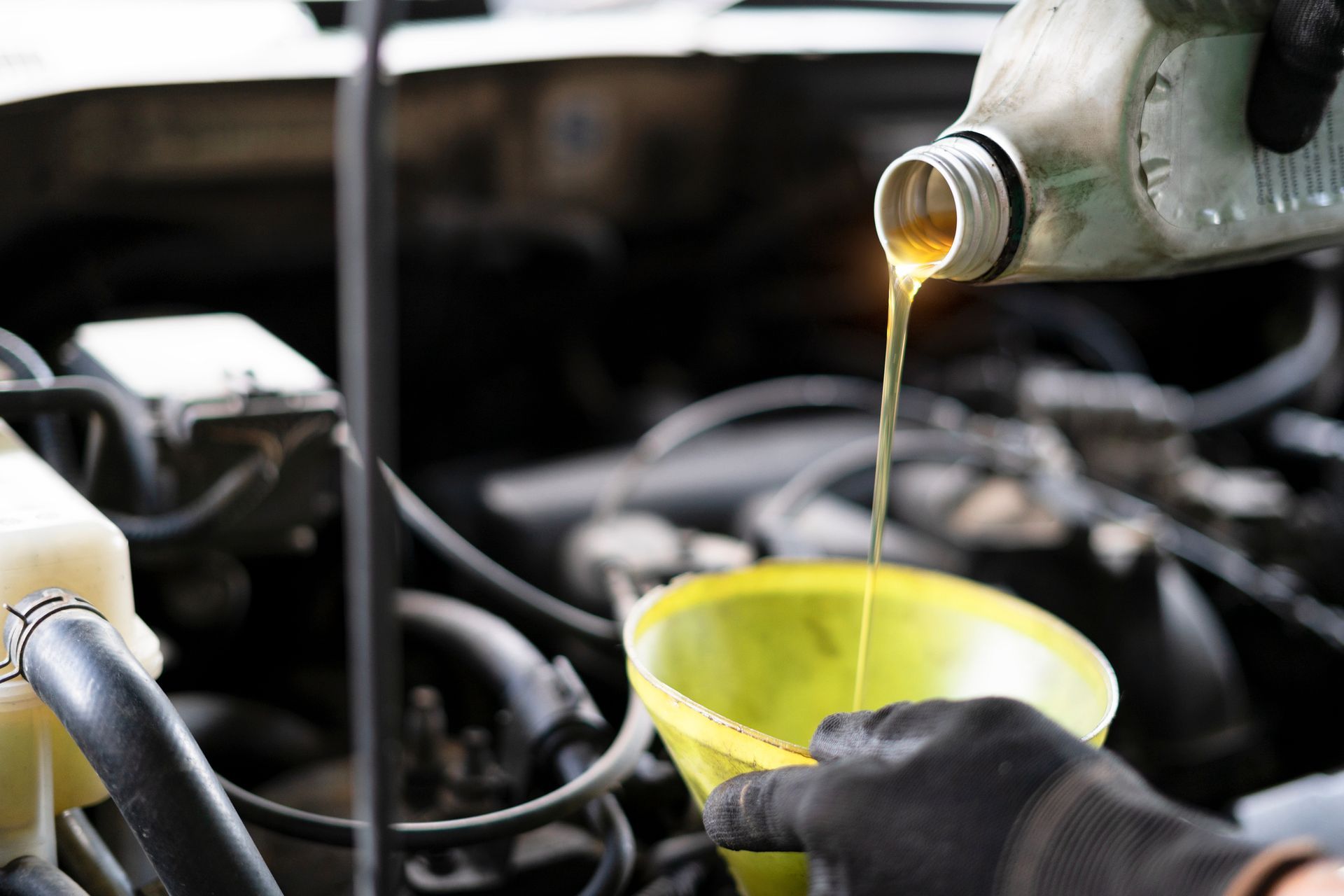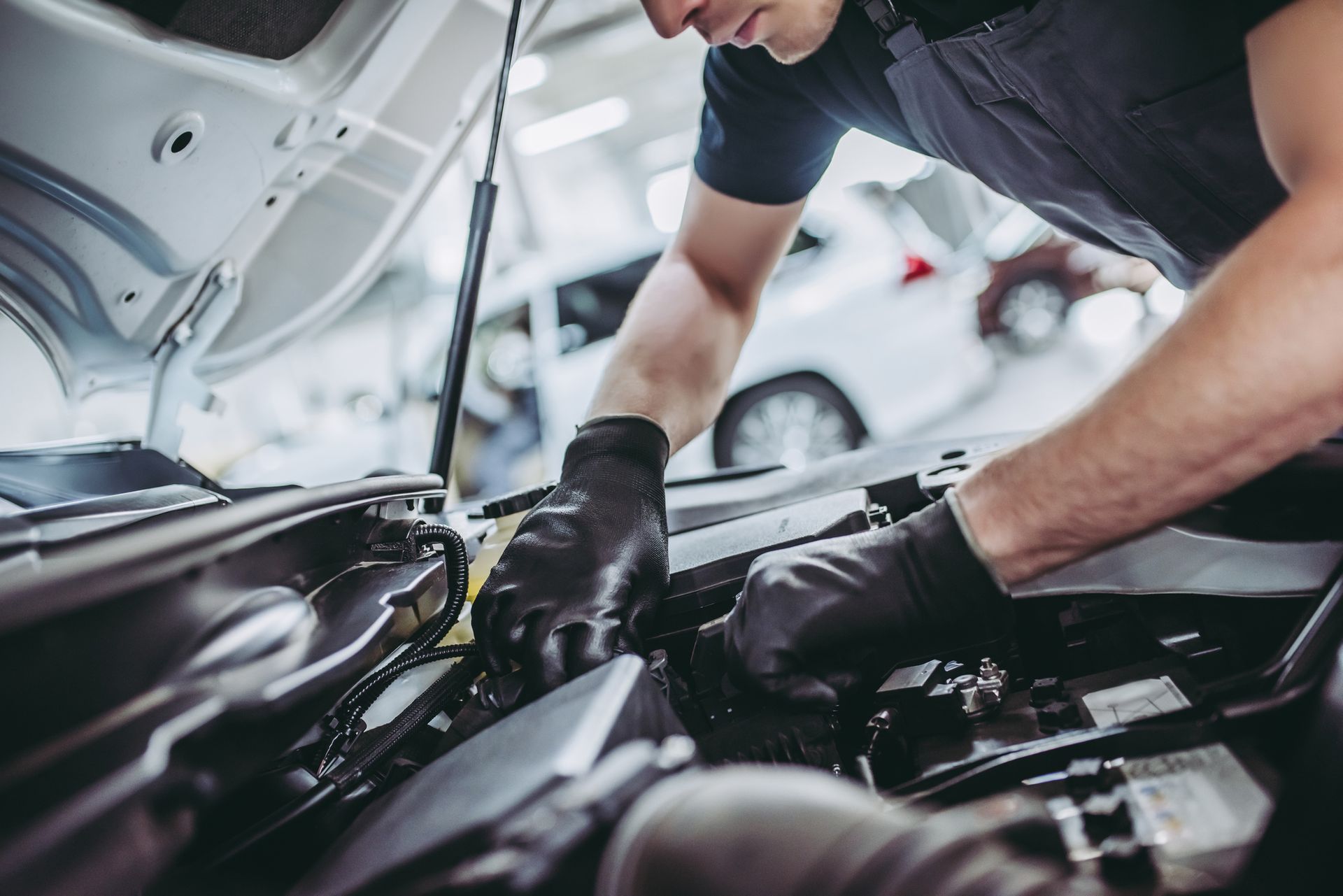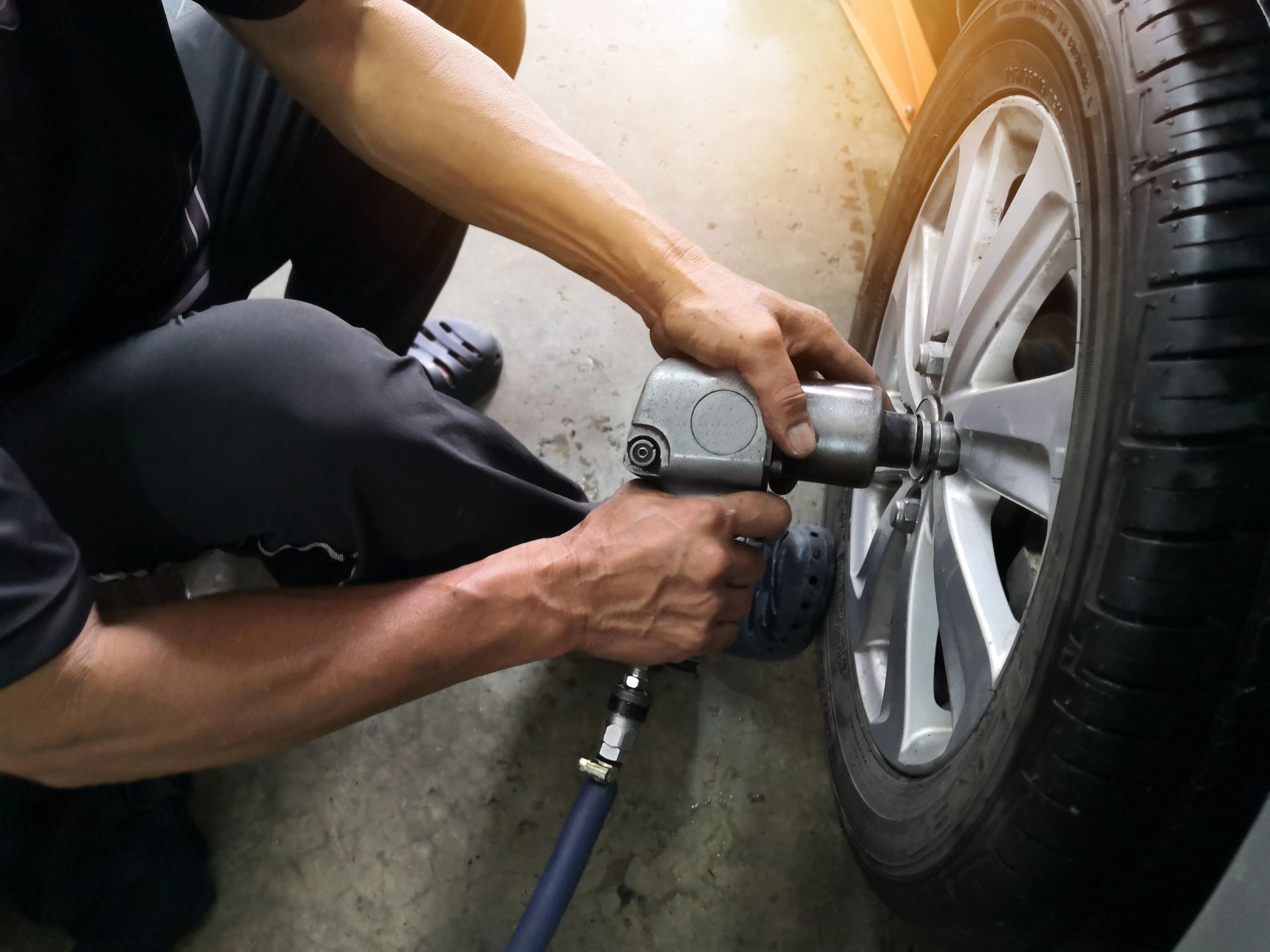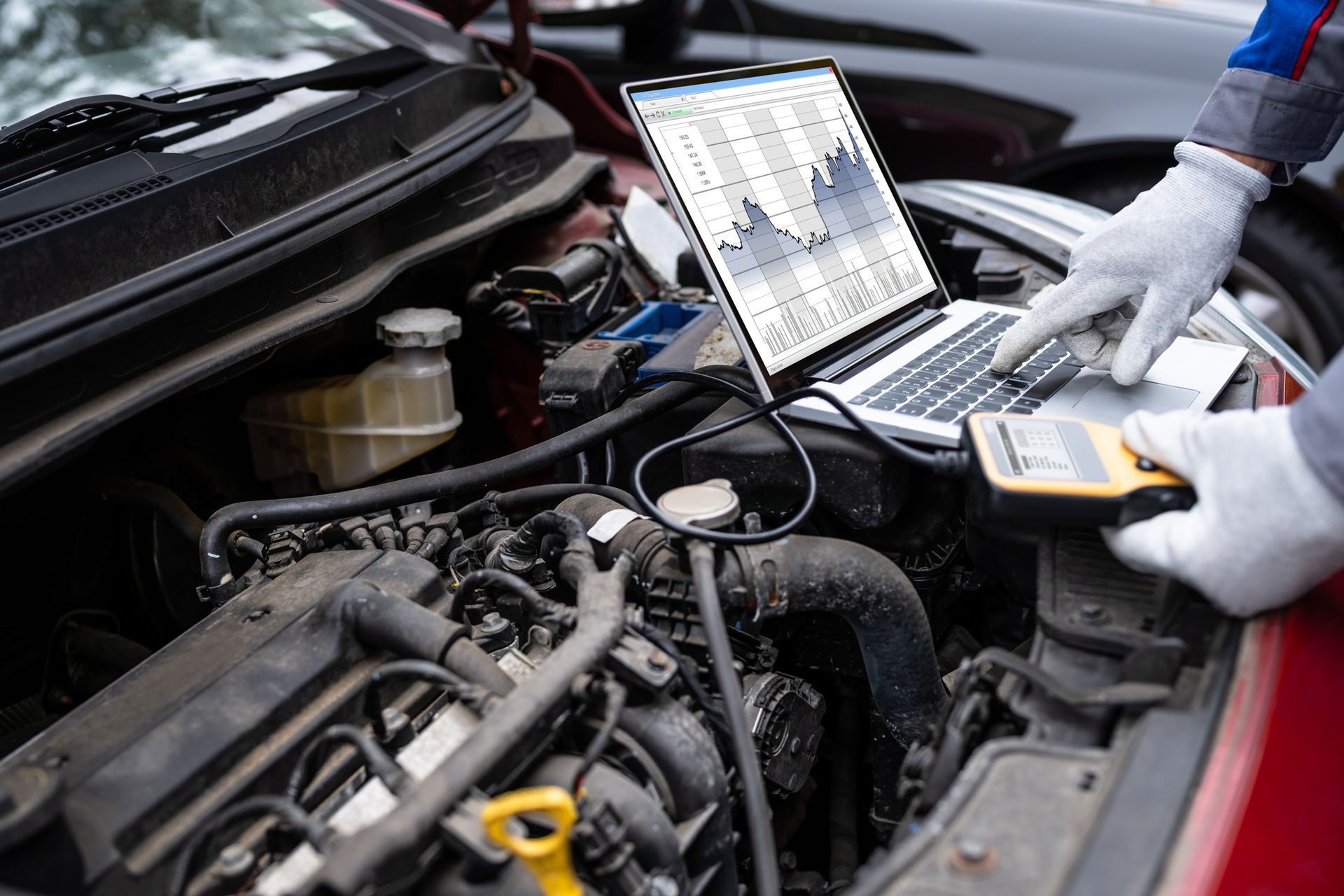2 Signs of Starter Relay Problems

Most car owners don't think twice about what happens when they turn the key in the ignition. Yet a number of things must happen in order for your engine to start up. The ignition system uses an electrical signal to trigger your engine to come to life. This chain of events requires a number of different components, each of which plays a highly specific role in starting your car.
One common source of problems involves the component known as the starter relay. If you would like to increase your knowledge about what this component does, and what can happen if it falls into disrepair, keep reading. This article takes a closer look at two signs that your starter relay may be suffering from problems.
1. Your Car Won't Start
Few signs of automotive trouble prove as definitive as a car that simply won't start. While a variety of different underlying issues may keep a car from firing up, a bad starter relay often lies at the heart of the problem. To understand why, you need to have a better understanding of just what it is the starter relay does.
When you turn the key in your ignition, it triggers your battery to release a jolt of electrical energy. This energy triggers the starter motor to turn your engine over. Yet in order for that electrical impulse to reach the starter motor, it must first pass through the starter relay. The starter relay not only completes the electrical circuit, but it also boosts the battery's current.
If your starter relay has gone bad, the electrical signal will never make it from the battery to the starter motor. As a result, your engine won't turn over - no matter how many times you turn the key. A faulty relay often produces an audible clicking sound when you turn your car. Contact a mechanic immediately if your car fails to start and you notice this sound.
2. Your Starter Motor Runs Continuously
In the discussion above, the car wouldn't start because the faulty starter relay wouldn't pass the signal to the starter motor. A starter relay may also fail the opposite way. In other words, rather than failing to open the electrical circuit, the faulty relay may fail to close it. As a result, the starter motor will continue to run even after your engine starts.
In some cases, the starter motor may even keep running after you've taken the key out of the ignition. This problem soon leads to serious damage to the starter, as well as to the transmission flywheel. While a faulty starter relay may cause this issue, a more common culprit often involves a binding ignition lock cylinder.
You can test for binding by rotating the lock cylinder. If this rotation causes the starter motor to stop, then you have identified the source of the problem. Treat the issue by lubricating the lock cylinder using either a liquid graphite solution or dry Teflon lube. If rotating the lock cylinder didn't stop the starter motor, you may be dealing with a faulty relay.
Testing for a faulty relay requires the assistance of a professional mechanic. To determine if your relay lies at fault, the technician will swap it out with a fresh relay with the equivalent part number. In the event that this swap still doesn't fix the problem, the problem almost certainly involves a problem with the ignition switch wiring.
Bad wiring means that the starter relay receives an electrical ground even when the key isn't in the run position. Replacing the faulty wiring should resolve the issue.
The starter relay has a vital role to play in starting your car. If you suspect that you may be dealing with a faulty starter relay, please
contact the experts at Letcher Bros. Auto Repair.

